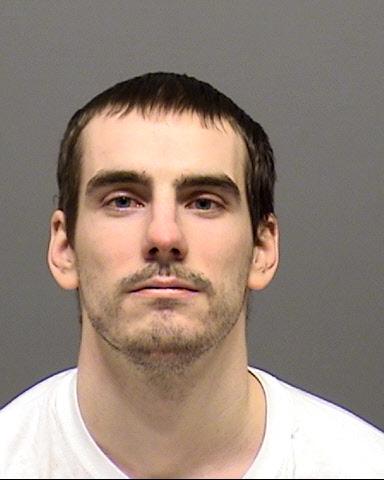on Wednesday night it wasn’t his first run-in with the law.
Police said Walter cut the hair of an unsuspecting woman on a TriMet bus earlier this month. It’s something he’s been convicted of doing before.
Walter was convicted in 2010 for cutting a woman’s hair on the bus. In 2013 he was arrested and later convicted for ejaculating in the hair of different women on the bus. After his release, he was arrested again in 2014 after police said he followed a woman into a store and cut her hair.
With such an extensive record, some readers have asked why Walter was allowed to ever ride TriMet buses again.
He was banned during his most recent probation but was allowed to resume riding after that probation ended, according to TriMet’s Roberta Altstadt.
That has many of you asking about a lifetime ban for Walter. It turns out that TriMet doesn’t have that power.
Altstadt explained that as a public agency, TriMet must follow a set of administrative codes. Under the current code TriMet doesn’t have the power to exclude anyone for more than 180 days.
A judge in a criminal trial can impose a longer ban, but TriMet doesn’t have the power to do so on its own.
Despite Walter’s criminal history, Altstadt said TriMet is only able to issue him a 90-day exclusion after his arrest this week. They will now ask prosecutors to seek a longer ban if Walter is convicted.
Altstadt said the current code was intended to deal with minor infractions, not serious, recurring problems.
“The code was created for people smoking on the platform, riding your bike on the platform, riding without a fare,” she explained.
Altstadt said TriMet’s lawyers are working to change the code.
“What we are pursuing now is changing our administrative code, changing the rules so we can put in place a long-term ban for somebody that has chronically, repeatedly committed offenses on our system,” Altstadt said.
Any decision to change the code would have to come from the TriMet board of directors. The seven-member board is appointed by the governor and meets monthly.
TriMet wants more flexibility to issue long-term bans. That decision would have to come from the TriMet board of directors, which is appointed by the governor.
Alstadt said it could take several months for the agency to present any rule changes to the board.
The Portland Streetcar allows a similar 180-day maximum exclusion period.
VERIFY: Resources
VERIFY: Source
Roberta Alstadt, TriMet spokeswoman
|
Help our journalists VERIFY the news. Do you know someone else we should interview for this story? Did we miss anything in our reporting? Is there another story you’d like us to VERIFY? Click here. |
© 2017 KGW-TV


